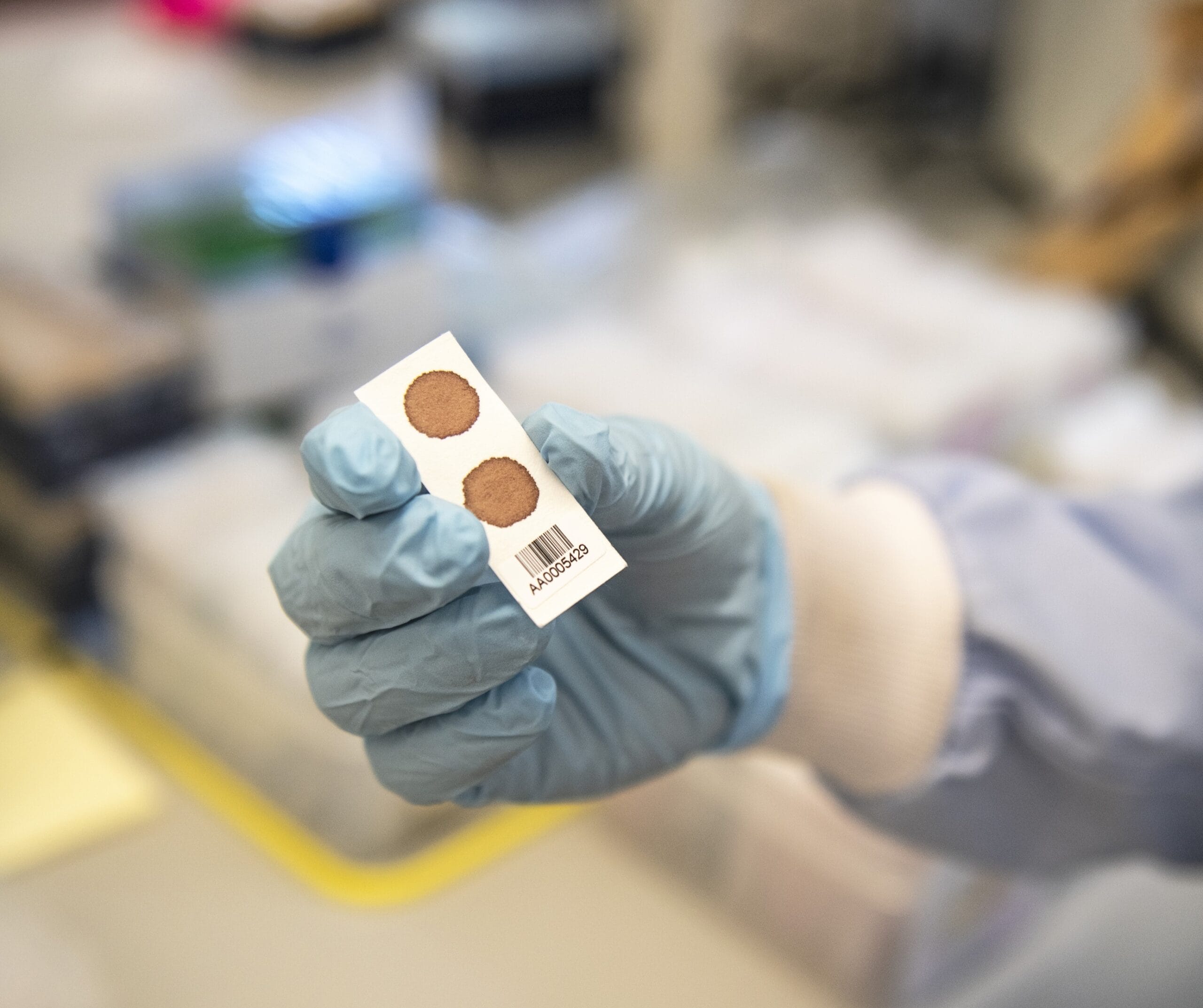Open malaria genomic data has made it possible to understand malaria’s biology, epidemiology, and evolution in unprecedented detail, paving the way for improved public health interventions and malaria control strategies.
As a collective effort by partners from more than 40 countries, the MalariaGEN community has been building genomic data resources to answer questions on how genome variation in human, Plasmodium and Anopheles populations impacts the spread and persistence of malaria.
MalariaGEN resources have been growing rapidly thanks to the concerted efforts of partners who collect, sequence, and collate genomic data. The latest parasite data release in the series, Pf7, is an open dataset of Plasmodium falciparum genome variation in 20,000+ worldwide samples from 33 malaria-endemic countries collected over 3 decades. The upcoming Pf8 release promises to further expand these resources through an even richer repository of parasite genomic data.
To accelerate progress in addressing malaria, there is an increasing need for more comprehensive and diverse genomic data on parasites and vectors spanning a wider geographic range across time. Such data enable researchers, epidemiologists, and public health officials to fill knowledge gaps faster and more effectively.
To this end, we are excited to announce that starting with Pf9, our parasite data releases will now include data from external sources alongside those sequenced at the Wellcome Sanger Institute. This will expand our resources further and collate data from even more locations and time points.
Our team will be identifying data that has already been published and is available on the European Nucleotide Archive (ENA) with suitable metadata to include in the data releases. We will work with authors and data owners if we plan to include their data.
We invite researchers, institutions, and data owners to join us in this global effort. Specifically, we seek whole-genome sequencing data for Plasmodium falciparum and Plasmodium vivax that meet the following criteria:
- Availability: Data is deposited on the European Nucleotide Archive (ENA) or Sequence Read Archive (SRA)
- Metadata: This should include the collection date and location, ideally the exact date and GPS coordinates of the health facility or administrative division. As a minimum, the year and country of collection must be present.
- Data: Whole genome sequence data, ideally with a typical coverage of at least 30x. While Illumina sequencing is ideal, we may also consider other technologies, particularly long-read sequence technologies such as ONT or PacBio.
How to contribute
If you have published data or unpublished datasets that you would like to contribute, we encourage you to get in touch using the following form by 3rd March 2025.
Please note that even if your data is unpublished, all data available in ENA or SRA with the required metadata will be reviewed for inclusion.
For further details on how to contribute your data or any inquiries, please contact us at support@malariagen.net.
To contribute your data to future MalariaGEN parasite data releases, get in touch by 3rd March 2025.



